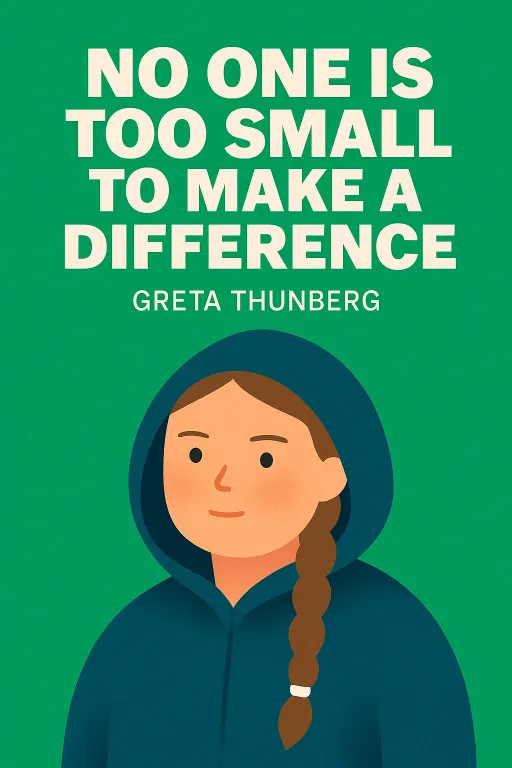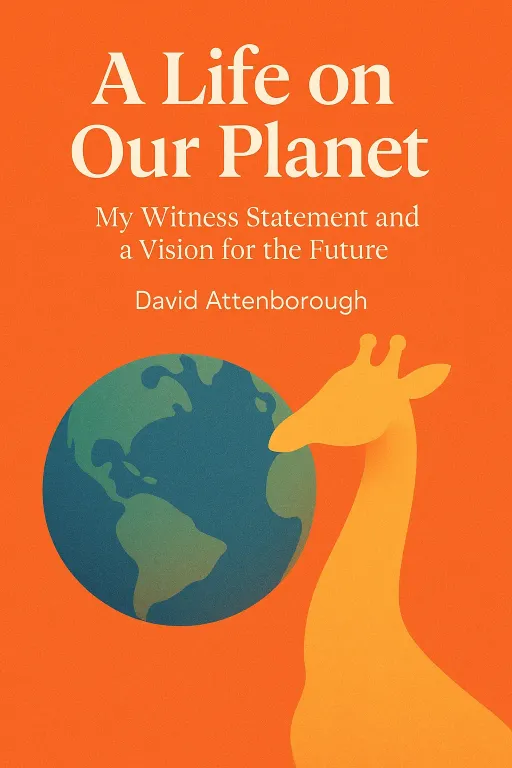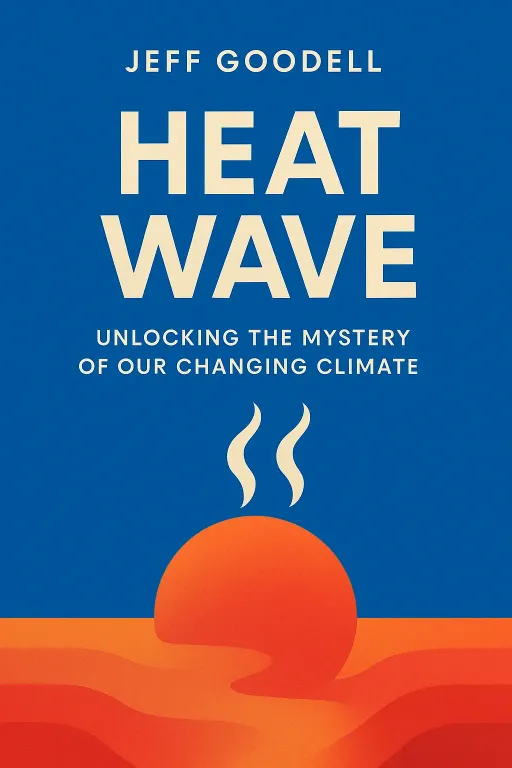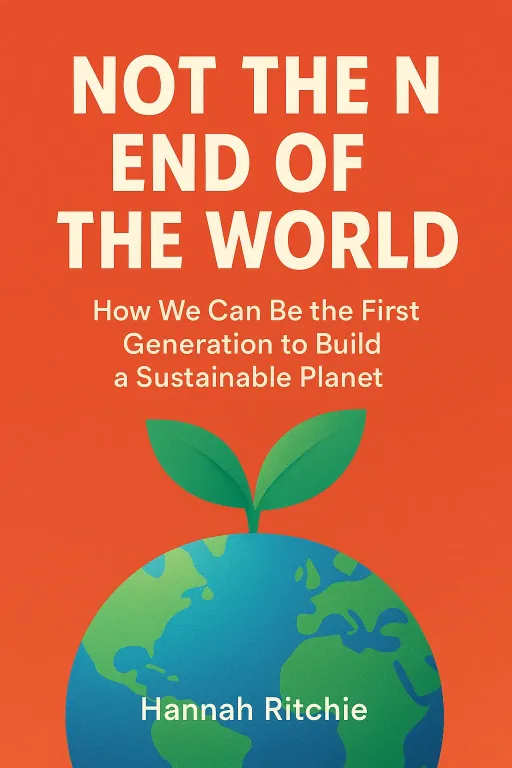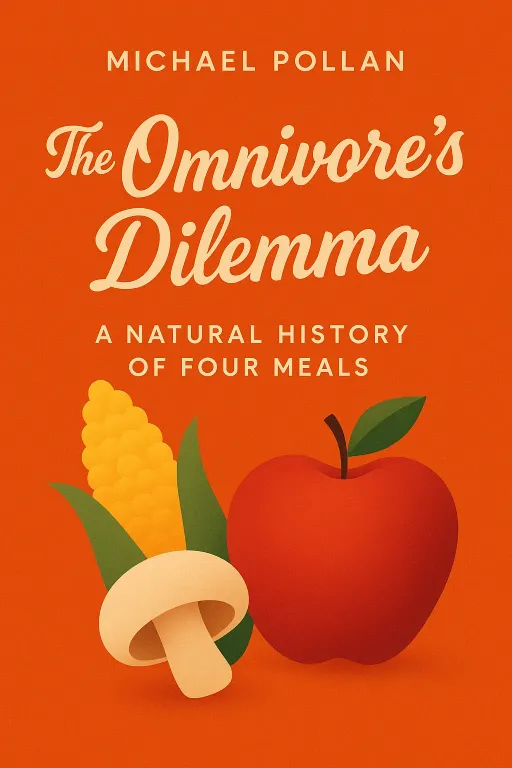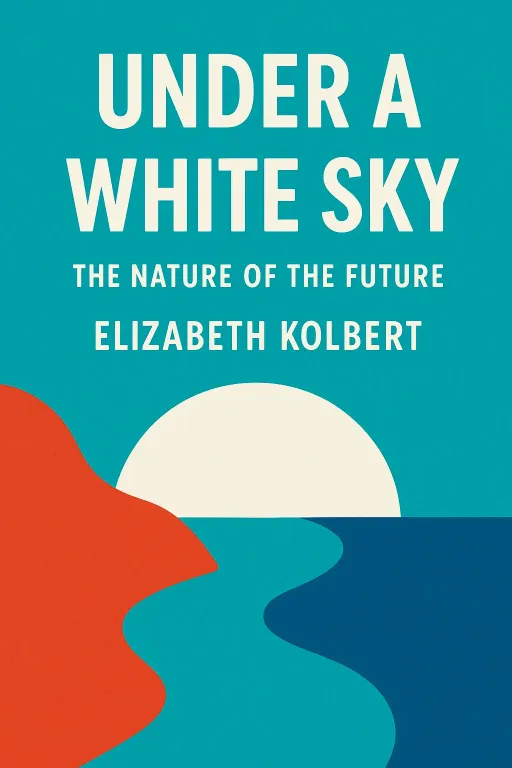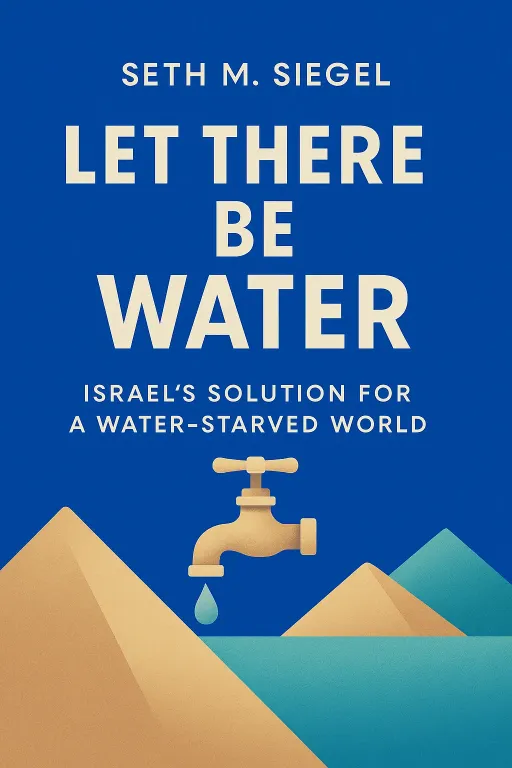
Let There Be Water
10 minIsrael's Solution for a Water-Starved World
Introduction
Narrator: Imagine a modern, thriving metropolis, the financial capital of a nation blessed with one of the world's largest freshwater reserves. Now, imagine its taps running dry. This isn't a dystopian fantasy; it was the reality for São Paulo, Brazil, in 2015. A combination of drought and mismanagement plunged the city into chaos. Water levels in the main reservoir fell to just 5% capacity, triggering rolling blackouts, health crises, and social unrest. The crisis served as a stark warning that even the most affluent and seemingly water-rich places are not immune to a water catastrophe. This global predicament, where major cities from California to China face dwindling supplies, sets the stage for a remarkable story of ingenuity. In his book, Let There Be Water, Seth M. Siegel presents a blueprint for a water-starved world by examining how one nation, born in a desert, not only solved its own water crisis but created an astonishing surplus.
A Water-Respecting Culture is the Foundation
Key Insight 1
Narrator: Before any pipelines were built or technologies invented, Israel’s success was rooted in a profound cultural and legal shift. The book explains that Israel cultivated a "water-respecting culture" where every drop is considered a precious national resource. This ethos is not merely a government slogan; it is woven into the fabric of society. Siegel shares the story of a young girl named Aya, whose mother, after every bath, would painstakingly carry buckets of the used, soapy water to their small yard to water the plants. This simple, repeated act, witnessed by her children, instilled a lifelong understanding that water is never to be wasted.
This cultural value is reinforced by a radical legal framework. The 1959 Water Law declared that all water resources in the country—from rivers and aquifers to a single drop of rain collected in a bucket on a private roof—are the property of the public, managed by the state. This prevented the chaotic free-for-all over water rights seen in other countries and allowed for centralized, strategic planning. By establishing that water belongs to everyone and is the responsibility of everyone, Israel laid the groundwork for a unified national effort, turning conservation from a suggestion into a shared civic duty.
Necessity Forges National-Scale Innovation
Key Insight 2
Narrator: Israel's journey toward water security was driven by existential threats. The British White Paper of 1939, which severely limited Jewish immigration by claiming Palestine couldn't sustain more people, spurred Zionist leaders to prove them wrong. This political pressure ignited a national obsession with water innovation, leading to both massive infrastructure projects and groundbreaking technologies. The most transformative of these was drip irrigation, an idea born from a simple observation.
The book recounts the story of Simcha Blass, a water engineer who, in the 1930s, noticed a single, enormous tree thriving in a row of otherwise identical trees. His investigation revealed the cause: a small, consistent leak from a nearby water pipe. The image of that thriving tree, nourished by a slow, steady drip, stayed with him for decades. Years later, Blass perfected this concept, creating a system that delivers water and nutrients directly to a plant's roots, minimizing waste from evaporation. This invention, commercialized by a collective farm, Kibbutz Hatzerim, through the company Netafim, revolutionized agriculture. It allowed farmers to achieve double the crop yields while using up to 70% less water, effectively turning the desert green and proving that scarcity could be overcome with ingenuity.
Waste is a Resource in Disguise
Key Insight 3
Narrator: Israel’s water strategy is defined by a paradigm shift: viewing what others discard as a valuable resource. This is most evident in its world-leading approach to wastewater treatment and desalination. Faced with chronic water shortages, Israel refused to accept sewage as mere waste. Instead, it built the Shafdan facility, a sophisticated treatment plant that purifies the wastewater from the Tel Aviv metropolitan area. The treated water is then recharged into a natural sand aquifer for a final, slow filtration before being piped to the Negev desert for agricultural use. Today, Israel reuses over 85% of its wastewater for farming—the highest rate in the world. By comparison, Spain, the second-highest, reuses around 25%, and the United States reuses less than 10%.
Simultaneously, Israel turned to the Mediterranean Sea for a new, virtually unlimited source of freshwater. Through companies like IDE Technologies, it pioneered advancements in reverse osmosis desalination, driving down costs and energy consumption. With massive desalination plants lining its coast, Israel can now "manufacture" hundreds of millions of gallons of high-quality drinking water every day. This two-pronged approach of reusing every drop on land and creating new water from the sea has made the nation effectively independent of climate fluctuations.
Water Can Be a Tool for Diplomacy and Commerce
Key Insight 4
Narrator: Having secured its own water future, Israel transformed its expertise into a powerful tool for global engagement. Siegel details how this "hydro-diplomacy" has allowed Israel to build relationships and open doors in regions where it has faced political isolation. The most striking example is its relationship with China. In the 1980s, long before the two countries had formal diplomatic ties, China was facing a severe water crisis. It secretly invited Israeli water engineers to help improve its agricultural practices.
This quiet collaboration on drip irrigation and water management built a foundation of trust. As Siegel explains, this technical cooperation was a key factor that led to the establishment of formal diplomatic relations in 1992. Water became the bridge that connected two politically disparate nations, proving that a shared need for a vital resource can transcend ideology. This strategy extends across the globe, with Israeli companies and NGOs implementing water solutions in Africa, India, and even in complex regional arrangements with Jordan and the Palestinians, demonstrating that water expertise can be a currency for both commerce and peace.
A Guiding Philosophy Makes Success Replicable
Key Insight 5
Narrator: Let There Be Water concludes that Israel’s success is not based on a single invention but on a comprehensive and replicable philosophy. This philosophy rests on several key pillars. First is the technocratic, apolitical management of water, where decisions are made by experts, not politicians, insulating long-term planning from short-term political interests. Second is the principle of real-cost pricing, which forces all users—from households to farms—to pay the true cost of water, creating a powerful incentive for conservation and efficiency.
Furthermore, the Israeli approach is defined by a commitment to long-range planning and a willingness to act decisively. As one senior water official, Abraham Tenne, explained, the Israeli mindset is to not wait for a perfect plan. They "figure things out well enough to start and go into each project knowing that it won’t be perfect... we can fix it along the way." This proactive, "all of the above" strategy—integrating conservation, reuse, desalination, and public education—ensures the system is resilient and always ahead of the next crisis.
Conclusion
Narrator: The single most important takeaway from Let There Be Water is that water scarcity is often a choice, not an inescapable fate. Israel’s story proves that the world’s water challenges are not insurmountable; they are, at their core, crises of governance, culture, and imagination. The combination of a national culture that respects water, a government that plans for the long term, and an ecosystem that fosters relentless innovation provides a powerful and optimistic model.
The book leaves us with a challenging question: When we see regions like California or countries like Brazil facing water crises, are we witnessing a natural disaster or a failure of leadership? Siegel's work compellingly argues it is the latter. Israel’s journey from a parched nation to a water superpower offers more than just a collection of technologies; it offers a new way of thinking and a clear message that any nation, if it has the will, can secure its water future.
